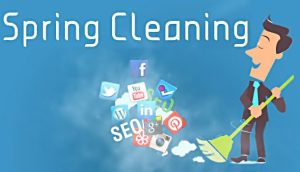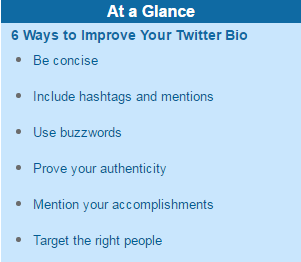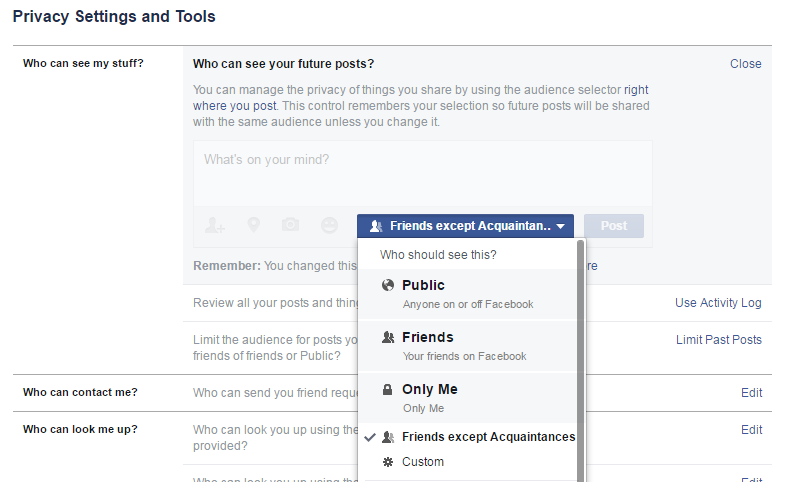 By: Jer Jurma
By: Jer Jurma
Even the idea of networking can be intimidating to students as they begin their co-op or job searches. In fact, speaking the word networking can bring on a cold sweat to the introvert in us all, but it is important to realize that as human beings, we network every day through sharing information about ourselves and asking questions about others.
Extroverted or introverted, networking is vital in finding a Co-op or job, and realistically, it is a vital part of life as a professional. The next five points are important to keep in mind when approaching the act of networking. You can adjust them to fit your own personality as you see fit:
1. Keep it real. Engage people with genuine interest, ask questions, and listen intently.
2. Find commonalities and actively think about how your goals and the values of the individual and his or her company/firm align.
3. If you are nervous about networking, think of it as a professional exercise assigned to you as a student. Be confident in the fact that you are a representative of Wentworth, and by promoting your school and academic program, you in turn will be promoting yourself in a way that is team oriented.
4. Show enthusiasm and the desire to engage. A willingness to contribute to the causes and advancement of an organization can be established before a formal interview. The following statement (or one like it) is a good example of how to engage in networking:
“The work you do interests me, and is something I would like to pursue. I would really like to know about your career path, and how you got to where you are.”
5. Share your contact information and ask how best to reach out to continue your conversation in the future.
Get out there and see how it goes. Remember, networking takes practice…a lot of practice. You will learn from the interactions you have with people how best to adjust your approach.
 By: Caitlin Brison
By: Caitlin Brison CO-OPS + CAREERS at Wentworth since September 2014. I joined Wentworth knowing that I wanted to work with students who know what type of career they aspire to having and are dedicated to getting it. I always thought I would end up at a business school, such as Bentley or Babson, and I am thrilled to be at a technology school as college graduates of STEM programs are distinctive and highly desired by organizations.
CO-OPS + CAREERS at Wentworth since September 2014. I joined Wentworth knowing that I wanted to work with students who know what type of career they aspire to having and are dedicated to getting it. I always thought I would end up at a business school, such as Bentley or Babson, and I am thrilled to be at a technology school as college graduates of STEM programs are distinctive and highly desired by organizations. By: Ria Kalinowski
By: Ria Kalinowski

 By: Robbin Beauchamp
By: Robbin Beauchamp